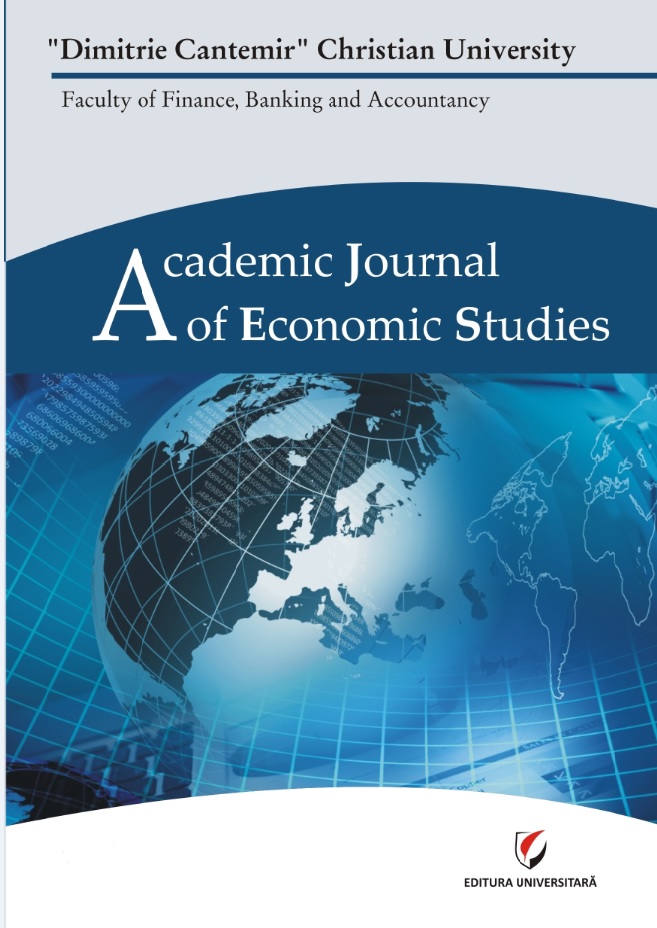Accounting for the Determinants of FDI Inflow in Nigeria amidst Global Oil Price Shock and Economic Recession
Accounting for the Determinants of FDI Inflow in Nigeria amidst Global Oil Price Shock and Economic Recession
Author(s): Udi JoshuaSubject(s): Public Finances, Accounting - Business Administration, Socio-Economic Research
Published by: Editura Universitară & ADI Publication
Keywords: Economic growth; FDI; trade openness; industrialization; oil price; economic; economic recession;
Summary/Abstract: Achieving high volume of FDI inflow is key to attaining economic growth in the host economy because FDI inflow is observed as a factor that play a complementary role to the domestic resource to help generate the desired growth Kinda (2013). Recently, the Nigeria economy suffered setback in attracting FDI inflow which is presumed to be in connection to the fall in oil price and the economic recession considering the fact that Nigeria is an oil-driven economy (UNCTAD 2018). Thus, this study mainly seeks to investigate the determinants of FDI inflow to Nigeria within the time frame from 1970 to 2018 to ascertain the empirical reality of this presumption. The empirical analysis begins with stationarity test using the traditional ADF and PP tests which revealed a mixed order of integration. This informed the adoption of the dynamic ARDL bound test for the purpose of analyzing the relationship between the series. The findings show that trade openness exerts positive and significant impact on FDI inflow implying that trade openness is a key determinant of FDI inflow into the economy. A 1% improvement in trade openness will cause a drastic increase in FDI inflow by about 0.609% (P>0.0762) and 0.830% (P>0.0679) in both short and long run. Similarly, oil price was found to positively influence FDI inflow into the economy. In contrast, the finding revealed that economic recession plays anti-growth in FDI inflow. A 1% change in recession will discourage FDI inflow by 0.011% (P>0.9886) and 0.015 (P>0.9886) in both short run and long run, similar to the impact of economic growth on FDI inflow. Thus, this study suggests sound economic planning coupled with strong management institution as way of achieve stable macroeconomic environment for investment purpose in addition to economic diversification which will help diversify FDI inflow too.
Journal: Academic Journal of Economic Studies
- Issue Year: 6/2020
- Issue No: 3
- Page Range: 30-38
- Page Count: 9
- Language: English

